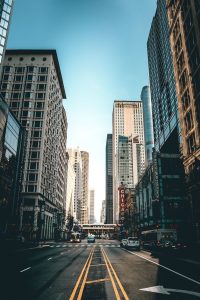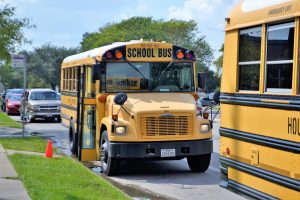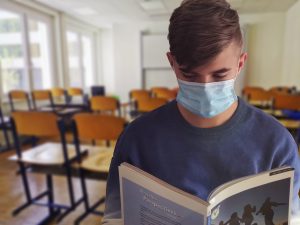
In an effort to enhance the quality of life for Chicagoans, Mayor Lightfoot has gotten together with the Chicago Departments of Transportation (CDOT) and of Assets, Information and Services (AIS) and developed a Five-Year Capital Plan. With a commitment to invest in infrastructure and facilities throughout all of the region’s 77 communities, part of the plan’s goal is to get thousands of locals back to work too.
When talking about infrastructure this refers to bridges, sidewalks streetlights, etc. The plans are to put in $1.4b in General Obligation bond proceeds. The Mayor explained:
“Our Five-Year Capital Plan is our latest ambitious campaign to invest in Chicago’s residents and businesses, and lays the groundwork for our future as a premier global destination and the best city in the world to call home. By leading with equity, we are ensuring that this success is not only driven by our historically disinvested communities, but brings our whole city closer together by literally building bridges across neighborhoods and unlocking our full potential for decades to come.”
Gia Biagi, CDOT Commissioner added:
“This Five-Year Capital Plan provides CDOT with the resources to make vital infrastructure investments across the entire city of Chicago, including those prioritized in the Mayor’s Invest South/West Initiative. Through this plan, we will work with our partners to invest in our neighborhoods in a way that emphasizes equity, safety and mobility and lowers the economic and environmental burden of transportation for all of our residents.”



